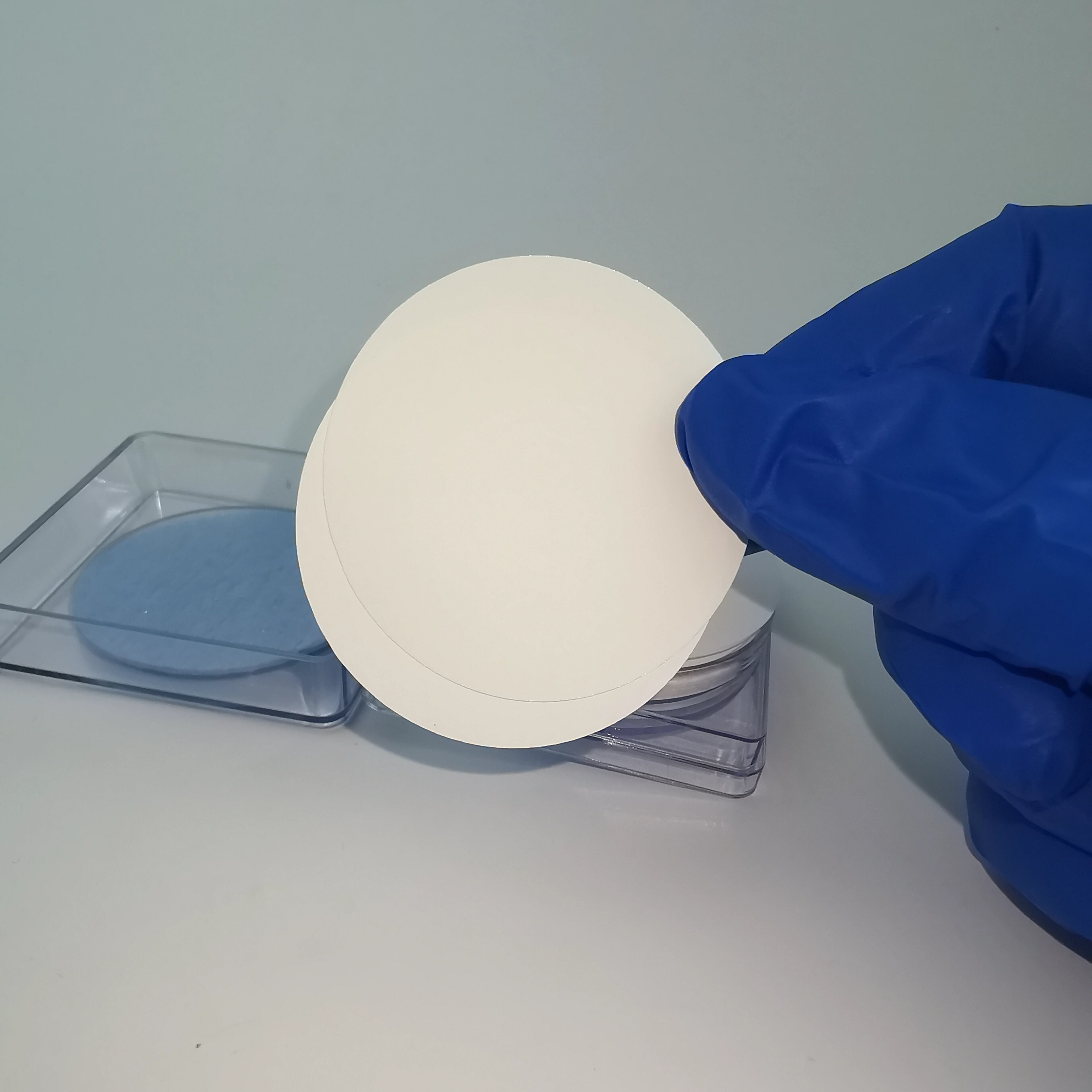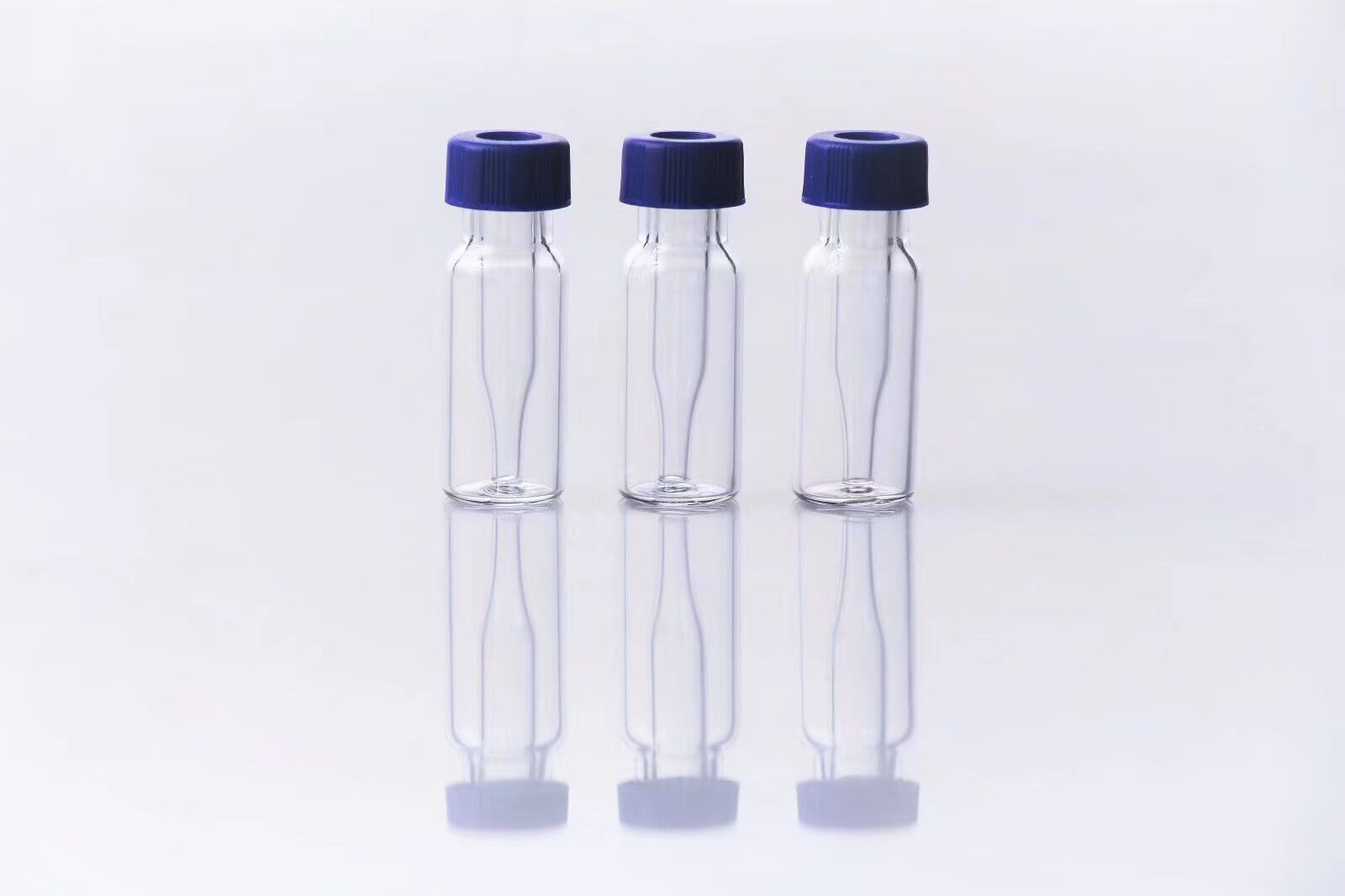syringe filter price
Syringe filter price considerations encompass various factors that impact both quality and cost-effectiveness in laboratory and research settings. These essential filtration devices, available across different price points, typically range from $0.50 to $5 per unit, depending on specifications and quantity ordered. The price variance reflects membrane material quality, pore size precision, and housing durability. Premium filters feature advanced membrane technologies, offering superior filtration efficiency and chemical compatibility. Lower-priced options maintain basic functionality while economizing on material quality. The price structure often correlates with specific applications, from routine laboratory work to specialized pharmaceutical processing. Bulk purchasing generally reduces per-unit costs, with significant discounts available for larger orders. Manufacturers typically offer various membrane materials, including nylon, PTFE, and PES, each with distinct price points reflecting their specific capabilities and durability. The housing quality, sterilization status, and certification requirements also influence the final price. Understanding these price determinants helps laboratories optimize their filtration processes while maintaining budget consciousness.

